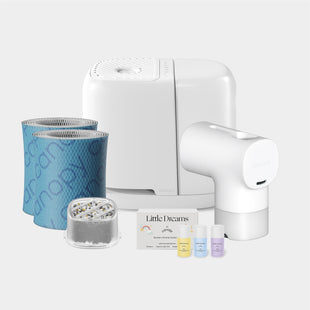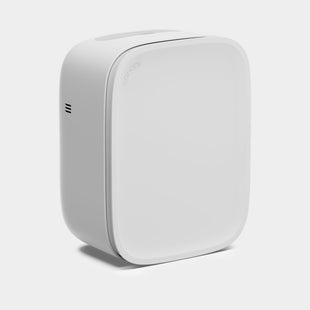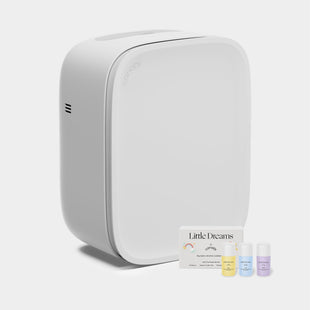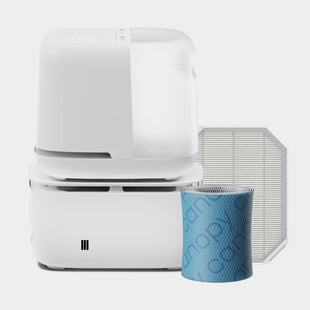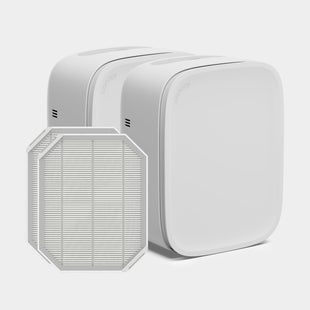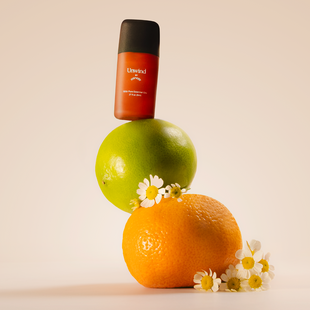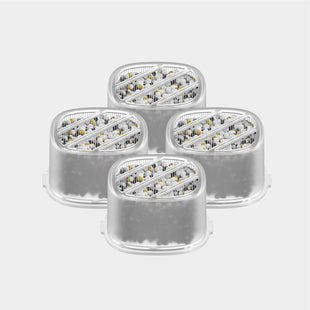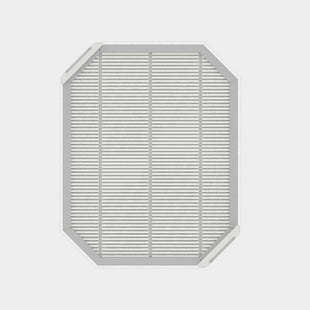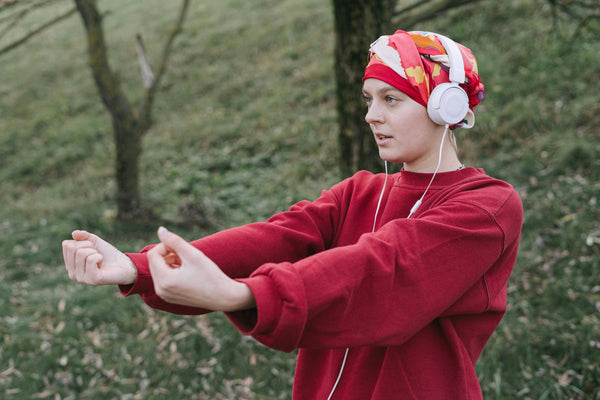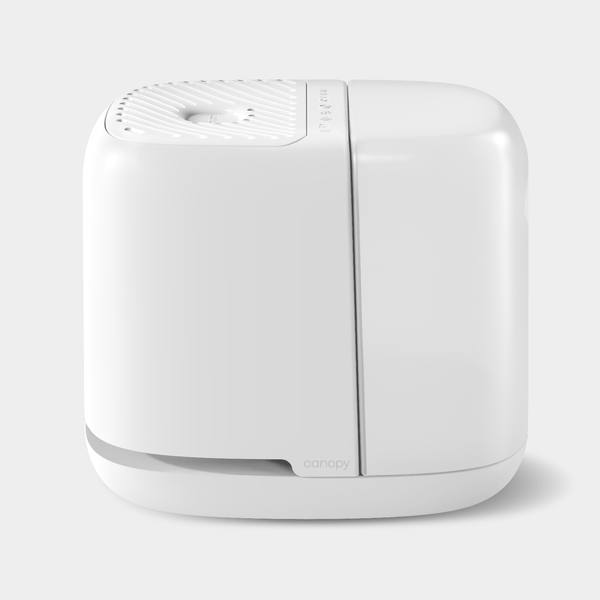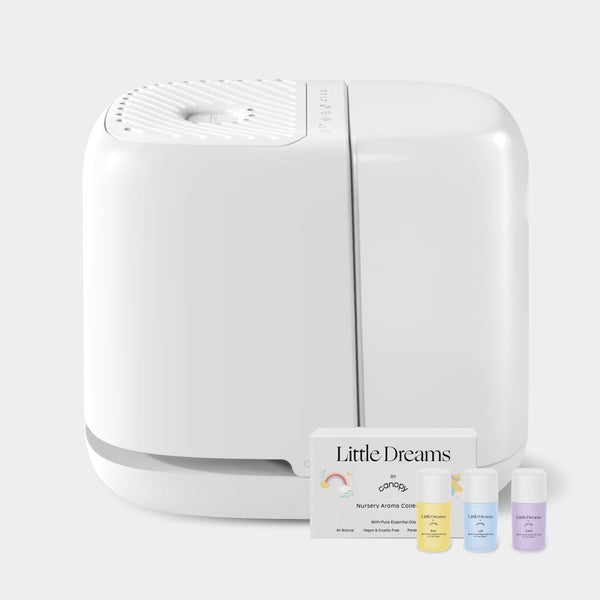Chemotherapy is one of the most effective tools the medical community has against cancer. Unfortunately, as it works to fight cancer cells, it can also lead to unpleasant side effects elsewhere in the body. One issue many people experience while going through chemotherapy treatments is dry skin.
Here, we explore the connection between chemotherapy and dry skin and share ways to address skin challenges related to cancer treatment.
How Does Chemotherapy Affect Your Skin?
Chemotherapy is a cancer treatment that uses drugs designed to destroy rapidly growing cells. While its primary target is cancer cells, there are normal cells in your body that also grow rapidly, including skin cells. This means cancer treatments can affect your skin, making it dry, itchy, and sensitive.
Some people also experience a condition known as the “chemo rash,” a common reaction to chemo and other types of cancer treatment. In this condition, skin may become itchy or irritated, and redness, bumps, and inflammation can develop across various parts of the body.
What Can You Do to Alleviate Dry Skin Caused by Chemo?
Practicing gentle skin care can help alleviate the effects of cancer treatment. Here are some strategies to try.
Use Gentle Products
Mild, low-pH cleansers are best for cleaning your skin without causing further irritation. You’ll want to avoid products with alcohol as well as those containing fragrances, since these additives can exacerbate dryness by removing natural oils. Search for soaps and shampoos labeled “allergen-free” or those designed for sensitive skin. The same goes for laundry detergents and hand soaps.
Avoid Hot Water
Not only does hot water dry your skin out, but it can also be uncomfortable on irritated or inflamed skin. For this reason, it’s best to use warm water while showering and to keep your bathing sessions short. Generally, the ideal water temperature falls between 98 and 105 degrees; anything lower than your body temperature could feel uncomfortably cool.
Use a Filtered Showerhead

Just as chemicals in soaps and shampoos can aggravate dry skin, contaminants in your water can also cause irritation. Oftentimes, tap water is high in irritants like chlorine and hard minerals. Chlorine eliminates your skin’s oils, leaving your natural barrier vulnerable to pollutants and exacerbating dryness. Hard minerals can have the same effect.
If your water is chlorinated, mineral-rich (also known as having “hard” water), or both, using a filtered shower head is an important way to care for your skin during chemotherapy. Our Filtered Showerhead and Handheld Filtered Showerhead are simple to install and filter out hard minerals, chlorine, and other contaminants. They can keep your skin barrier stronger by preventing the elimination of natural oils caused by chlorine and hard minerals, while also reducing dryness and irritation.
Pat Dry
While it can be tempting to dry off quickly after a shower, taking the time to pat your skin dry gently helps reduce dryness. Rubbing a rough towel over skin that’s already dried out could cause further damage. Using a blotting motion soaks up excess water without disrupting your skin barrier.
Moisturize
As soon as you’ve toweled off, make a point to moisturize. If your skin is very dry, you might consider an ointment to lock in moisture and minimize irritation more effectively than traditional lotions. Products with lactic acid, hyaluronic acid, and lanolin can also soothe especially irritated skin.
Limit Sun Exposure
Certain chemotherapy drugs can make your skin more sensitive to UV rays. You’ll want to avoid excess sun exposure no matter what your medication regimen entails since it could make dryness even worse. Try to avoid being outside when the sun is strongest, usually between the hours of 10 am and 4 pm. When you do go outdoors, stick to the shade, and always apply sunblock with an SPF of at least 30 to any areas of exposed skin.
Choose Skin-Friendly Fabrics
Some fabrics may feel less irritating against sensitive skin than others. Breathable, natural materials like cotton and bamboo tend to be the least irritating, while wool and synthetic fibers may aggravate dry skin. Choose tag-free garments when possible, as even trimmed tags can cause scratching. Consider loose clothing for added comfort.
If you’re going through chemotherapy or have another health concern related to dry skin, you could be eligible to use HSA or FSA funds for parent-loved Canopy products. We’ve partnered with Truemed to make it easy for you to pay with your HSA or FSA debit card and save 30%–40% on your order.









